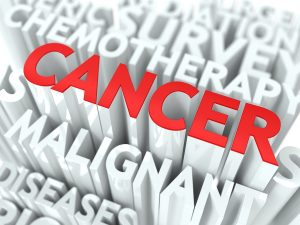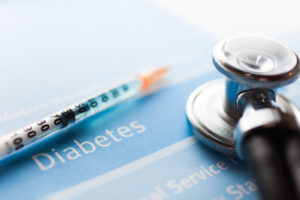Is Your Aging Parent at Increased Risk of Suffering Bladder Cancer?

Arthritis and Some Helpful Tips
April 27, 2017
Tips on Caring for a Stroke Survivor
May 1, 2017Bladder cancer is the fourth most common cancer diagnosed among men throughout the United States each year, with nearly 60,500 men being diagnosed with this type of cancer each year. Though it is less common among women, more than 18,500 women are diagnosed with this type of cancer in the United States each year. May 6 is Bladder Cancer Awareness Day, the ideal opportunity for you as a family caregiver to learn more about your parent’s individual risk for developing this condition so that you are better prepared to either help them reduce their risk or to design a care approach that will help them manage it if it does occur.

Homecare Northridge CA – Is Your Aging Parent at Increased Risk of Suffering Bladder Cancer?
Some of the risk factors for developing bladder cancer include:
• Being older. The majority of people who are diagnosed with bladder cancer are over the age of 55. According to the American Cancer Association, approximately 9 out of 10 people diagnosed with this disease are in this age demographic.
• Smoking. Smoking is a habit that has no benefits but a wide variety of potentially serious consequences. One is the increased potential for developing bladder cancer. If your aging parent smokes, they are at approximately three times the risk of developing this type of cancer.
• Exposure to certain chemicals. Exposure to certain chemicals, such as in the workplace, can increase the chance of bladder cancer. If your senior worked in industries such as hair styling, leather production, textiles, printing, or truck driving, they might be at higher risk.
• Not drinking enough fluids. Regular hydration is extremely important for all aspects of health, and not getting enough fluids can increase the chances that your aging parent will develop bladder cancer. This may be related to the frequency with which someone empties their bladder.
• Frequent infections. If your senior has a personal history of frequent bladder or urinary tract infections, or kidney or bladder stones, they might be at increased risk for bladder cancer.
If your aging parent has recently been diagnosed with bladder cancer or is at increased risk of this disease and you feel that they would benefit from additional care, now may be the ideal time for you to consider starting homecare for them. A homecare services provider can be with your aging loved one on a fully customized schedule that ensures that they get everything that they need, when they need it, while also supporting you to remain at the front of their care management.
A cancer journey can be extremely difficult, and the highly personalized services of a homecare provider can make it so that your aging parent gets everything that they need to manage this journey physically, mentally, and emotionally in the way that is right for them.
This can include providing valuable reminders to remain compliant with their medications and guidelines, helping them to make lifestyle choices that will help to keep their body healthy and strong, and offering companionship, support, and encouragement to keep their mental and emotional health high, and support better quality of life as they age in place.
As a family caregiver this can give you tremendous peace of mind and allow you to ensure that you are also taking the time to take care of yourself and your other obligations while knowing that your parent has the proper care.



